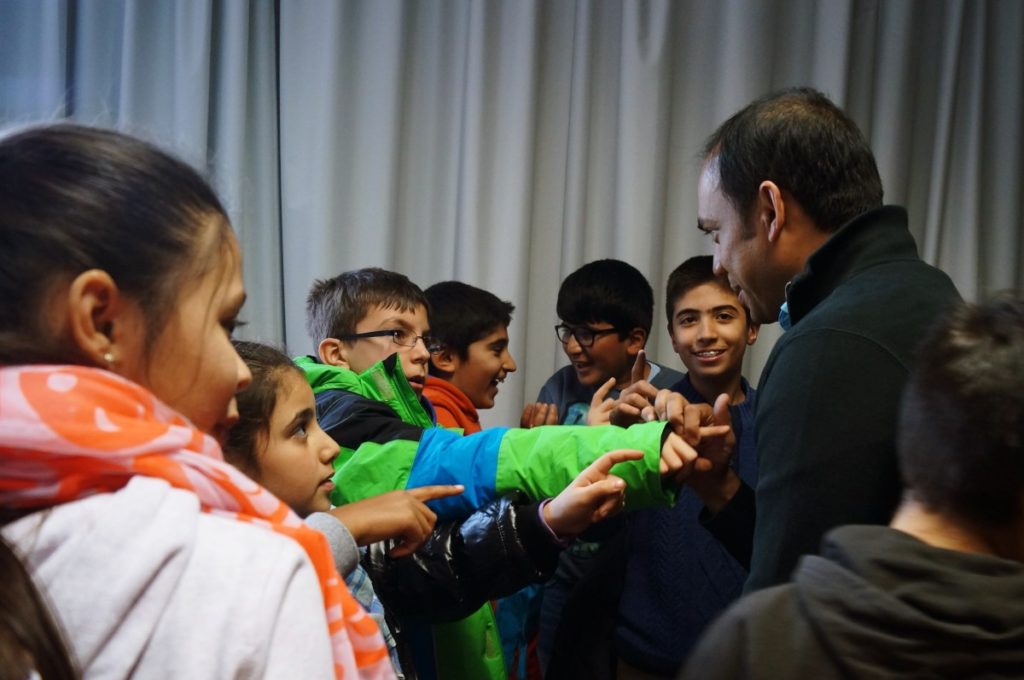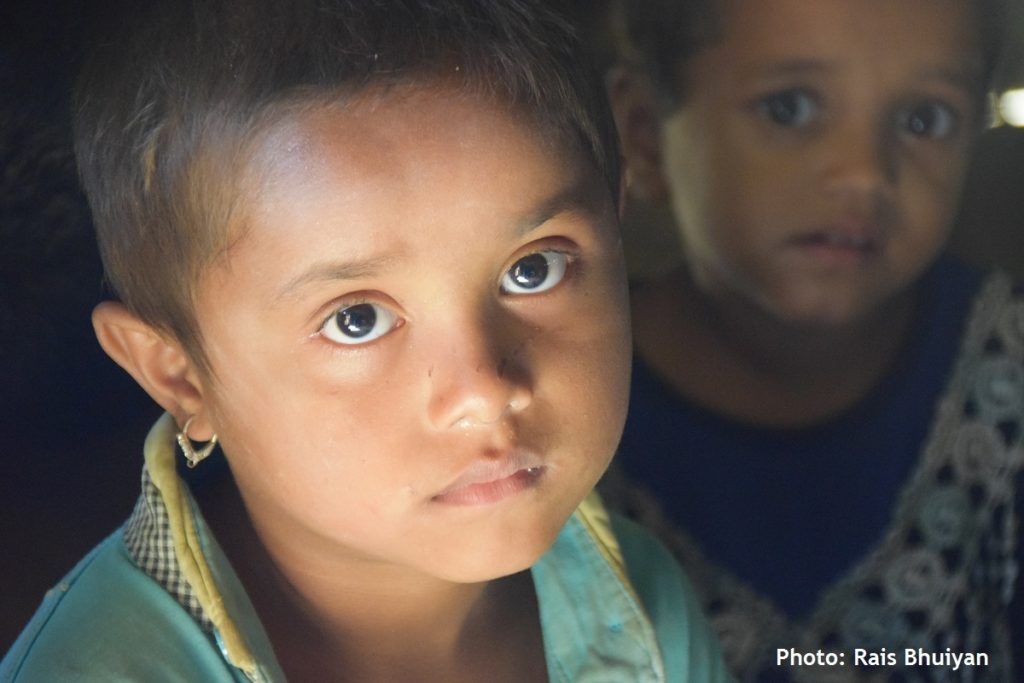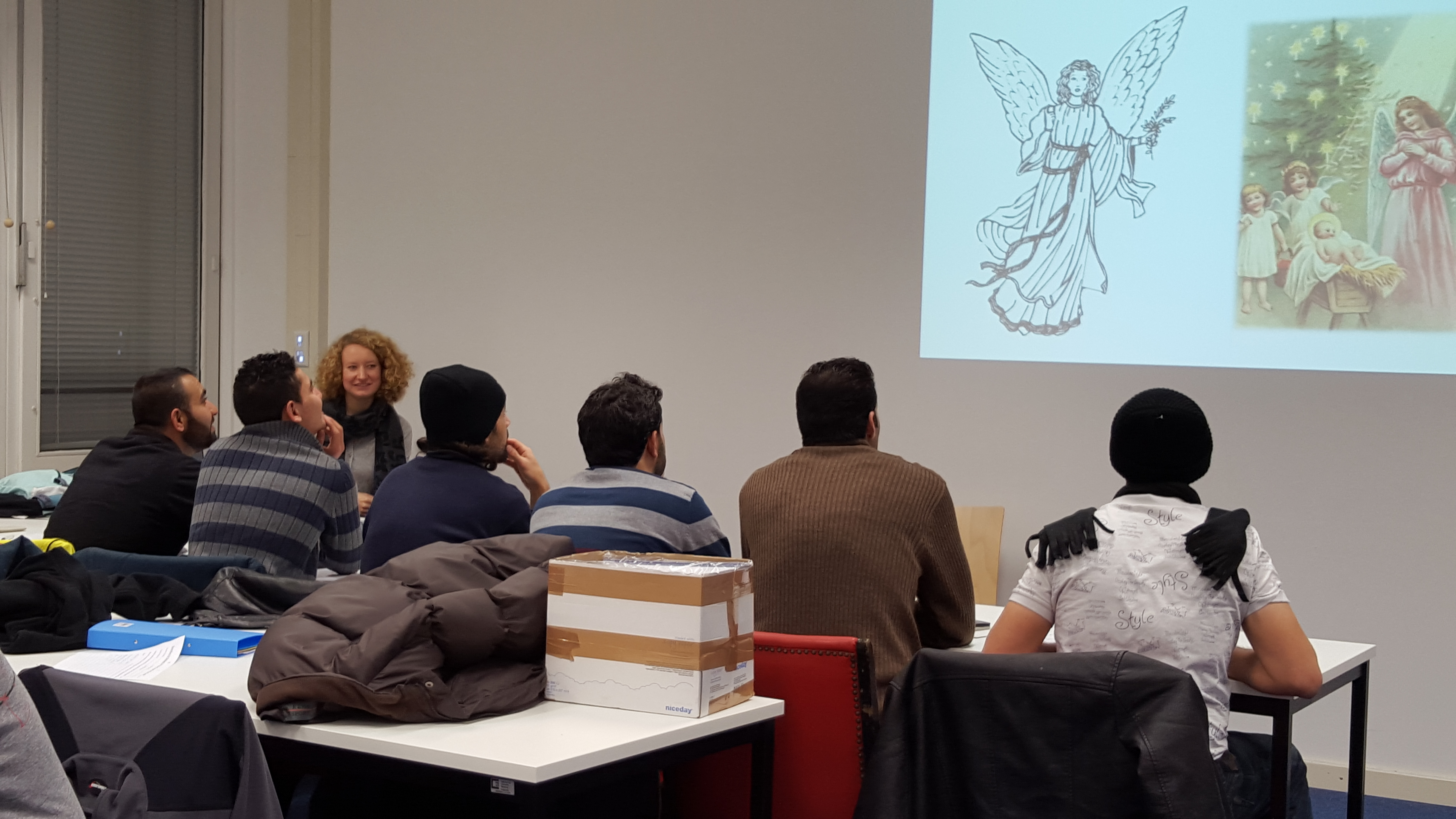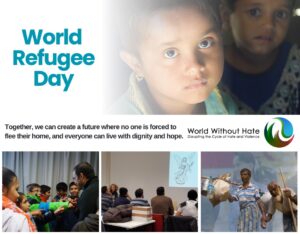Today is World Refugee Day. Right now, there are 43.4 million refugees around the world, a figure that could double in the next decade, according to the head of UNHCR.
 Refugees are human beings. Individuals who’ve fled their countries to escape violence, persecution, war, ethnic cleansing, and genocide, seeking safety and security in another nation. According to the UNHCR, at least 117.3 million people around the world have been forced to flee their homes. Of the nearly 43.4 million current refugees, around 40% are under the age of 18. There are also millions of stateless people who have been denied a nationality and lack access to basic rights such as education, health care, employment, and freedom of movement.
Refugees are human beings. Individuals who’ve fled their countries to escape violence, persecution, war, ethnic cleansing, and genocide, seeking safety and security in another nation. According to the UNHCR, at least 117.3 million people around the world have been forced to flee their homes. Of the nearly 43.4 million current refugees, around 40% are under the age of 18. There are also millions of stateless people who have been denied a nationality and lack access to basic rights such as education, health care, employment, and freedom of movement.
Throughout my life’s journey, I have met many refugees— children, young adults, and the elderly—in places like Germany, Italy, the USA, and Bangladesh. Their stories are both harrowing and inspiring.
 In Bangladesh, I met children at the largest refugee camp in the world. These individuals traveled day and night to cross the border, constantly fearing the Myanmar military’s violence. In Germany, I encountered children from Syria, Iraq, and African countries who once dreamt of becoming doctors and engineers like their parents or loved ones, their dreams overshadowed by an uncertain future. A young adult from Afghanistan, whom I met in Germany, shared that he was born in war, never knowing a single day without bloodshed and death. Despite this, having secured refugee status in Germany and learning the language, he was hopeful about attending medical school and serving humanity.
In Bangladesh, I met children at the largest refugee camp in the world. These individuals traveled day and night to cross the border, constantly fearing the Myanmar military’s violence. In Germany, I encountered children from Syria, Iraq, and African countries who once dreamt of becoming doctors and engineers like their parents or loved ones, their dreams overshadowed by an uncertain future. A young adult from Afghanistan, whom I met in Germany, shared that he was born in war, never knowing a single day without bloodshed and death. Despite this, having secured refugee status in Germany and learning the language, he was hopeful about attending medical school and serving humanity.
Through my visits to refugee camps and my conversations with refugees, it became clear that no one wants to be a refugee. Everyone I spoke with longed to return to home, where they had a life and beautiful memories. They do not wish to be looked down upon simply because they were forced to flee. Like all of us, they simply want to live.  During a visit to a facility in Germany, I met university students, doctors, lawyers, and pharmacists who spend their evenings teaching refugees the German language. When I asked why they were doing this despite their demanding schedules, they responded, “We don’t want to be defined by our previous generations’ mistakes, but rather by what we’re doing for humanity.” This response deeply moved me. These young German students are paving the way for a world built upon empathy, dignity, and humanity, offering valuable lessons for all of us.
During a visit to a facility in Germany, I met university students, doctors, lawyers, and pharmacists who spend their evenings teaching refugees the German language. When I asked why they were doing this despite their demanding schedules, they responded, “We don’t want to be defined by our previous generations’ mistakes, but rather by what we’re doing for humanity.” This response deeply moved me. These young German students are paving the way for a world built upon empathy, dignity, and humanity, offering valuable lessons for all of us.
Especially relevant are the countries that export arms and import refugees. These nations need to stop their war-driven economies, which produce refugees abroad while fostering hate and intolerance against them at home. When I asked Rohingya refugees in Bangladesh what they wanted most, they overwhelmingly told me they wanted to go home. War is a business of the rich and powerful, keeping poor and weak nations in perpetual conflict, supporting dictators and brutal regimes and allowing them to persecute their people. If these leaders and arms manufacturers considered that they feed their children at the expense of other children’s lives, their luxurious lifestyles earned by the death and destruction of innocent people, perhaps they would act more humanely.
On this World Refugee Day, let us commit to building a world where empathy, understanding, and peace prevail over conflict, violence, and persecution. Together, we can create a future where no one is forced to flee their home, and everyone can live with dignity and hope.

